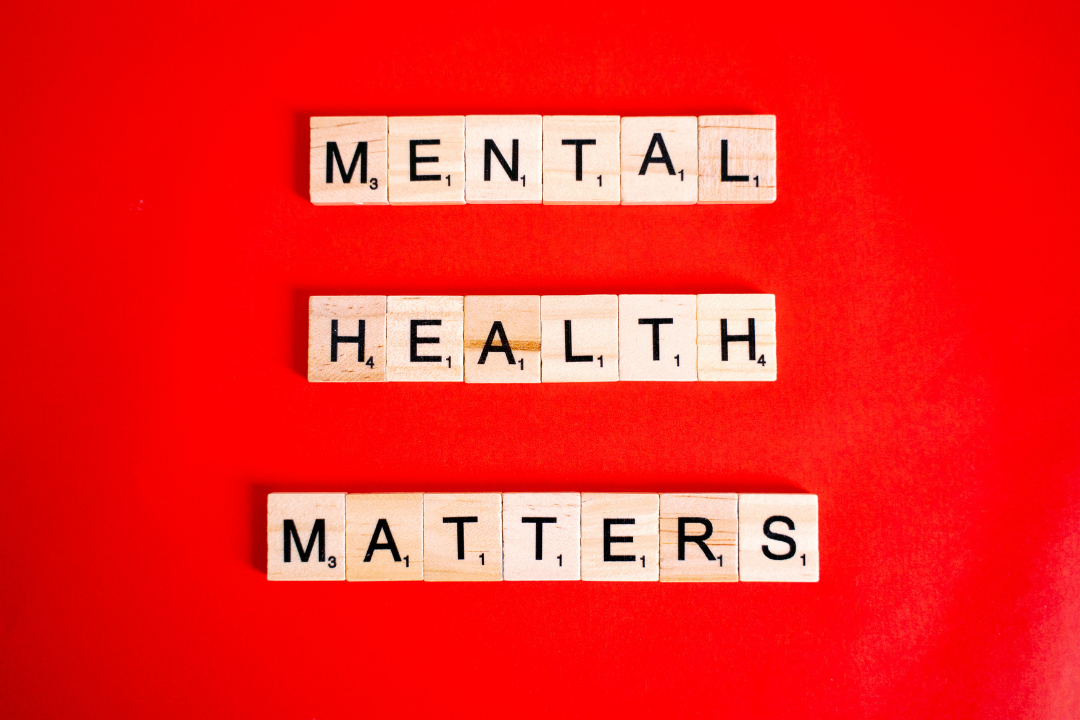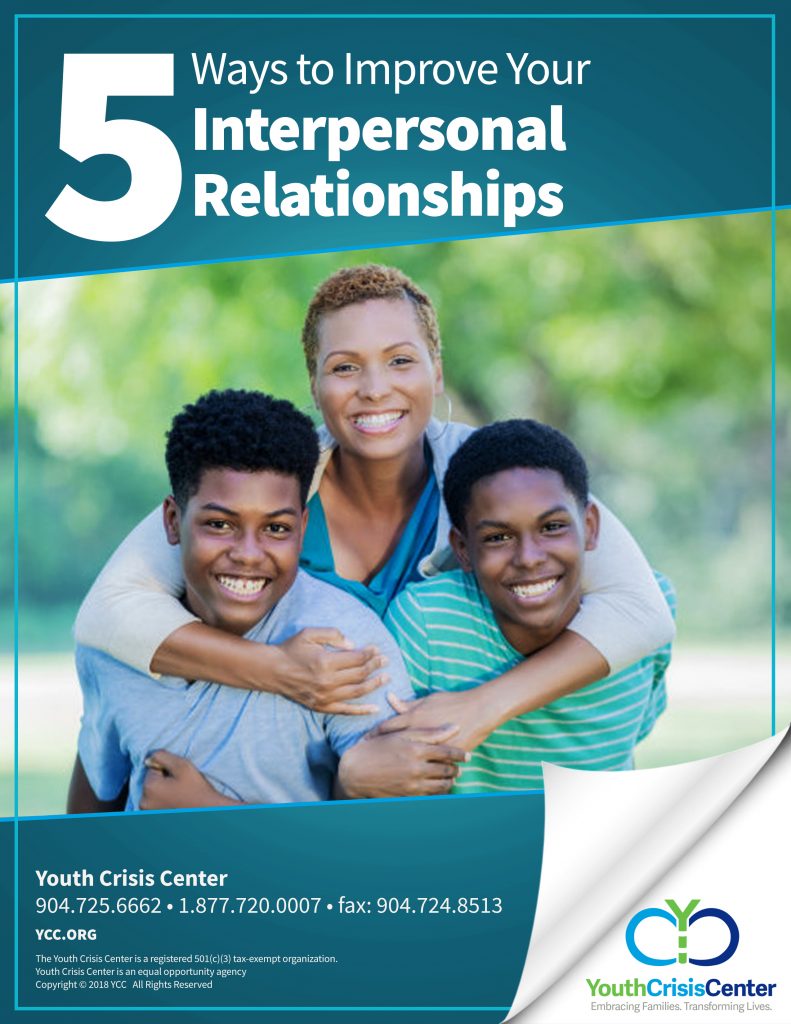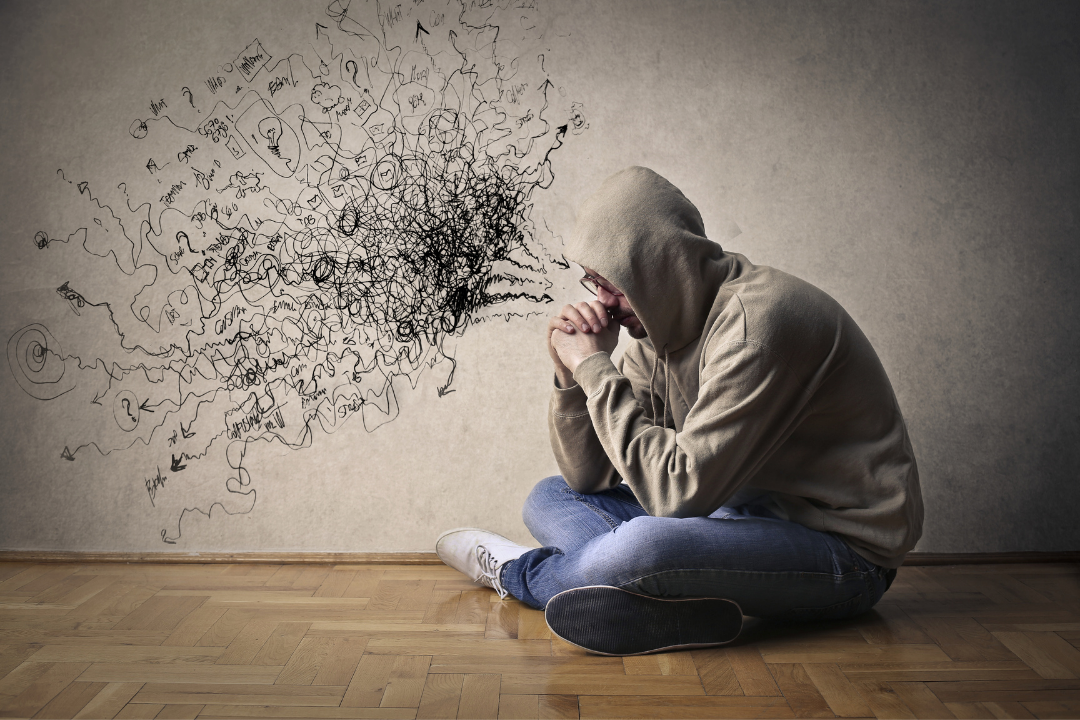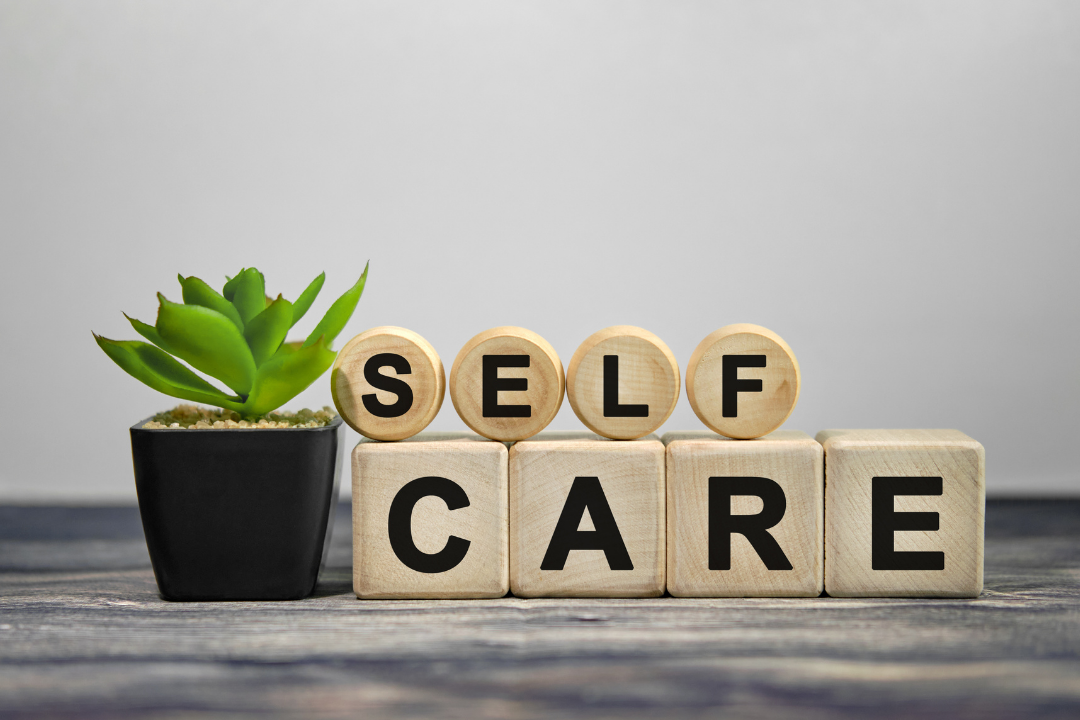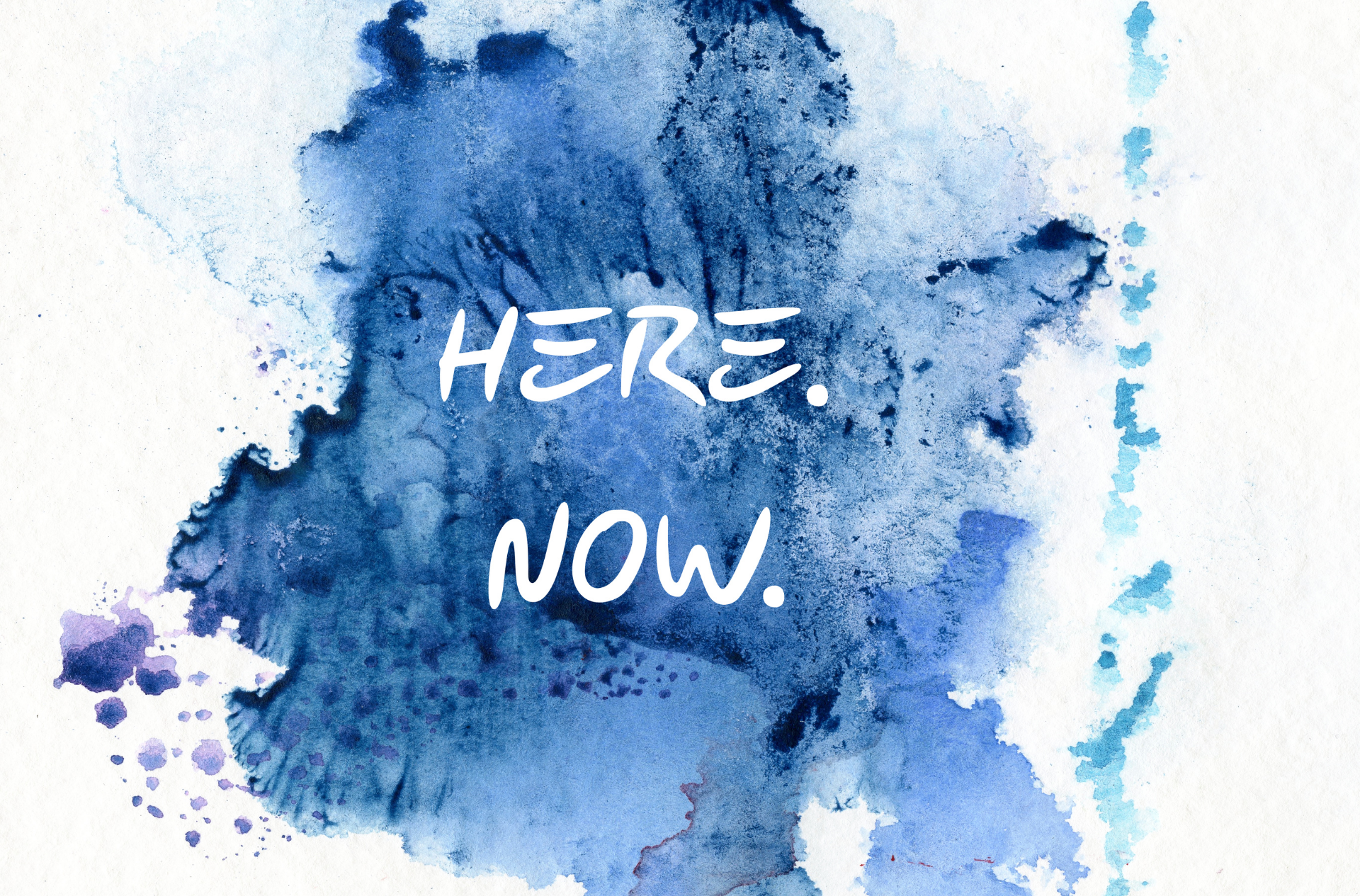Let’s start by defining ‘mindfulness,’ according to Headspace, mindfulness is the quality of being present and fully engaged with whatever we are doing at the moment. Amanda Marker, a Licensed Mental Health Counselor and the Lead Outpatient Therapist at the Youth Crisis Center says mindfulness has been found to be a key element in stress reduction and overall happiness. Marker explains there are two key elements of mindfulness: focusing your attention on the present moment and accepting it without judgment.
Practicing Mindfulness
According to Marker, mindfulness starts with being aware of our bodies. She goes on to say that very act can be calming.
“You don’t need to buy anything. You can practice anywhere – all you need is a little time and space.”
Marker understands that it can be incredibly challenging to quiet the mind, but she acknowledges that is not the goal during this practice. She says when it comes to practicing mindfulness, all you’re trying to do is pay attention to the present moment, without judgment. Marker says your mind will wander during this practice. You might start to think about your to-do list, the laundry you forgot in the dryer, or even a conversation you had with someone yesterday. Marker explains that is normal and part of human nature. She says when practicing mindfulness, try to not judge yourself for whatever thoughts pop up. Instead, she wants you to focus on your breathing and return your attention to the present moment.
“Be kind to your wandering mind. Don’t judge yourself or obsess over the content of the thoughts you find yourself lost in. Just come back.”
Basic Mindfulness Meditation
The first thing Marker suggests when it comes to your practice is to take a seat. She wants you to find a place to sit that feels calm and quiet to you. She recommends setting a time limit, especially if you’re new to the practice. Once you’re sitting down, it will be time to focus on your breathing. Marker wants you to use this time to allow your thoughts to come and go without judgment. She also wants you to focus on your breath or even a mantra you may have set at the beginning of the day or your practice.
Marker encourages using your senses during your practice. She wants clients to focus on what they see, smell, taste, or even feel. In fact, she recommends you saying them aloud before letting those thoughts and senses go. She also invites clients to allow their emotions to be present during this practice. Similar to the senses, you can describe aloud what you are feeling.
The Benefits of Practicing Mindfulness
In an article published by Harvard Medical School, mindfulness can bring improvements in well-being. Amanda Marker, LMHC believes being mindful makes it easier to enjoy the positive movements in life as they happen and can help you become fully engaged in activities. Another benefit is being less likely to get caught up in worries about the future or regrets over the past. Mindfulness can also help with improving your mental health and relieve stress.
Introducing Your Child to Mindfulness
Marker wants parents to talk with their kids about mindfulness.
“When the opportunity presents itself, talk about how you used mindfulness during your day.”
She says children learn by seeing what the adults in their lives do, so she encourages being open about how you practice mindfulness. Marker suggests introducing exercises when things are calm and your child is in a good space. She explains during this time would be ideal to try mindfulness activities as a family, as it could be a great way to connect one another. Marker does warn to keep the time short, especially if your child is on the younger side. She also wants you to let the child set the pace. If they’re done, don’t push it.
For activities, you can start with a walk or breathing exercises with your child. Once you have completed that activity, you can shift your focus to the senses. Marker suggests activities like listening mindfully, eating a treat mindfully, or taking another walk using all of your senses. For example, have your child hold a raisin. Marker instructs having your child notice the color, texture, shape, size, smell, weight, and taste of it for one minute.
Youth Crisis Center’s Outpatient Behavioral Health Program
The Youth Crisis Center was founded in 1974 as Florida’s first run-away program and has grown to be one of the largest and best-known providers of services for youth and families. Nationally recognized as setting a standard in youth services, YCC has been ranked as one of the top five programs in the United States by the Youth Policy Institute in Washington D.C. Throughout the past 46 years, YCC has helped thousands of youth and their families overcome adversity and build stronger relationships.
One of the several programs, YCC offers is Outpatient Behavioral Health. This program provides comprehensive mental health and psychiatric care to kids as young as three and their families. Parents may also receive individual and family counseling regardless if their child is a client at YCC.

